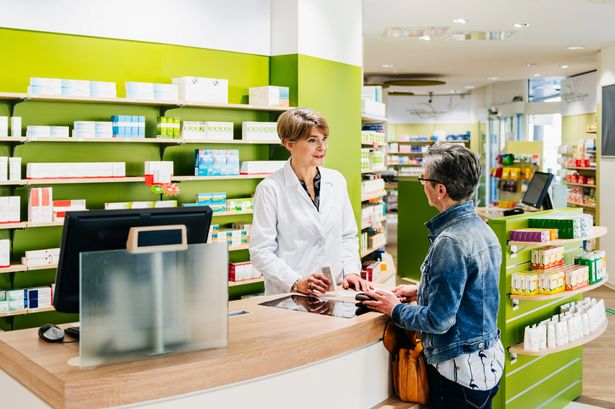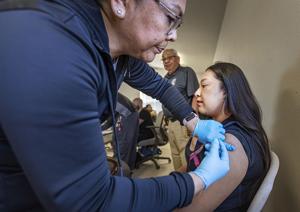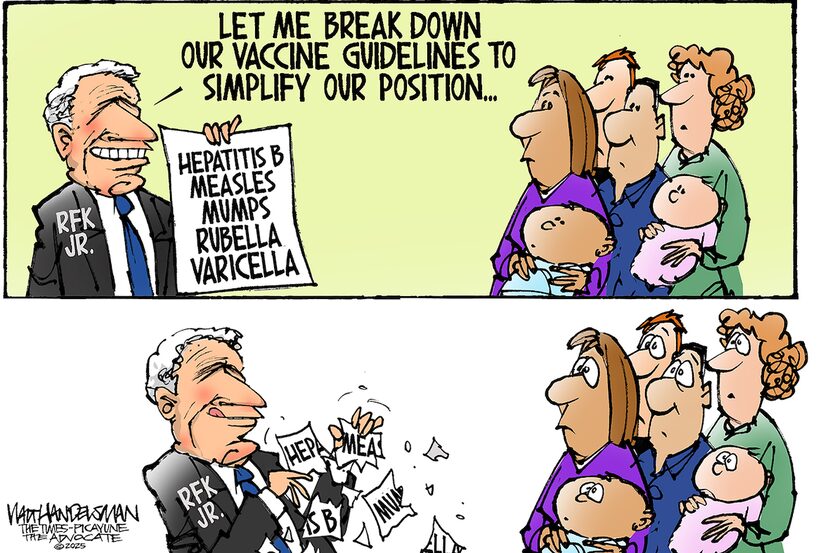In a recent initiative, the NHS has urged individuals to consider visiting a pharmacy before booking an appointment with a general practitioner (GP) for common health issues. The health service emphasizes that local pharmacies can provide faster and more accessible care for various conditions, potentially alleviating the burden on GP services.
The NHS highlighted that pharmacies are now equipped to offer treatments and certain prescription medications without the need for a GP visit. In a post on social media platform X, the NHS stated: “Your pharmacist can provide treatment or some prescription medicine, if needed, for seven common conditions – without you seeing a GP. Think pharmacy first and get seen by your local community pharmacy team. #AskYourPharmacist.”
Common Conditions Treated at Pharmacies
Pharmacists can recommend effective over-the-counter treatments and are authorized to dispense prescription medications for specific health concerns. This service is part of the Pharmacy First initiative. The seven common conditions that can be treated by pharmacists include:
– Impetigo (aged 1 year and over)
– Infected insect bites (aged 1 year and over)
– Earache (aged 1 to 17 years)
– Sore throat (aged 5 years and over)
– Sinusitis (aged 12 years and over)
– Urinary tract infections (UTIs) (women aged 16 to 64 years)
– Shingles (aged 18 years and over)
If a pharmacist is unable to provide the necessary treatment, they can refer patients to a GP or another healthcare professional. The NHS reassured the public that even those outside these age ranges can still receive expert guidance and advice on suitable over-the-counter treatments.
Additional Services Offered by Pharmacies
In addition to treating common conditions, pharmacies also provide a range of other health services. Individuals seeking the contraceptive pill may find options available without a prescription. According to the NHS, “Some pharmacies may offer the contraceptive pill for free without a prescription. If you are aged 18 years or older, you can also buy the progesterone-only pill from most pharmacies.”
Other services accessible at local pharmacies include:
– Advice from a pharmacist after contacting NHS 111 or a GP
– Chlamydia screening and treatment
– Support for smoking cessation
– Cholesterol and blood sugar testing
– Substance misuse services, including needle and syringe exchange schemes
– Weight management advice
The NHS encourages individuals to take advantage of these resources to help manage their health more effectively and to ease the pressure on GP services. By utilizing local pharmacies, patients can often receive prompt care and guidance for their health concerns.







